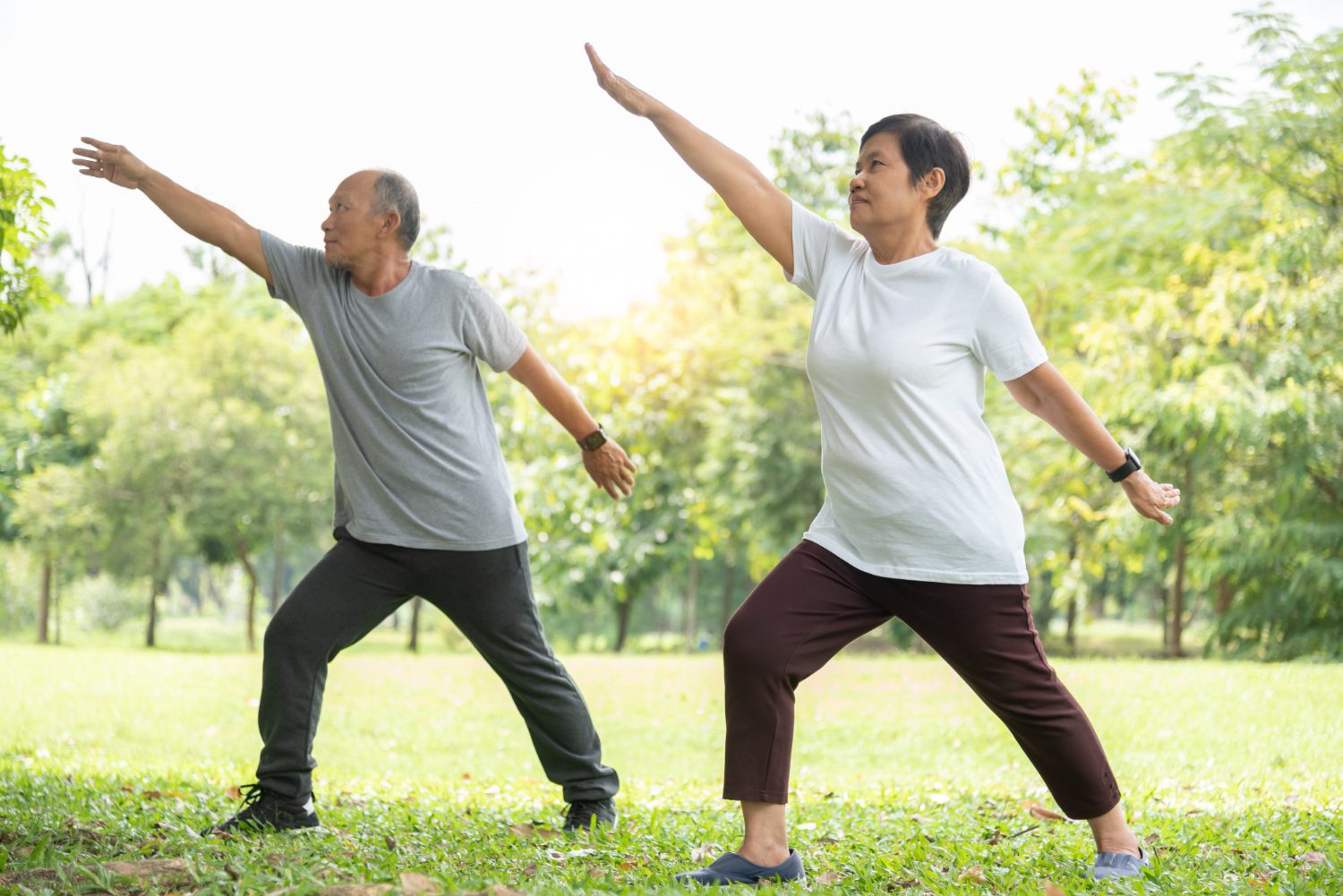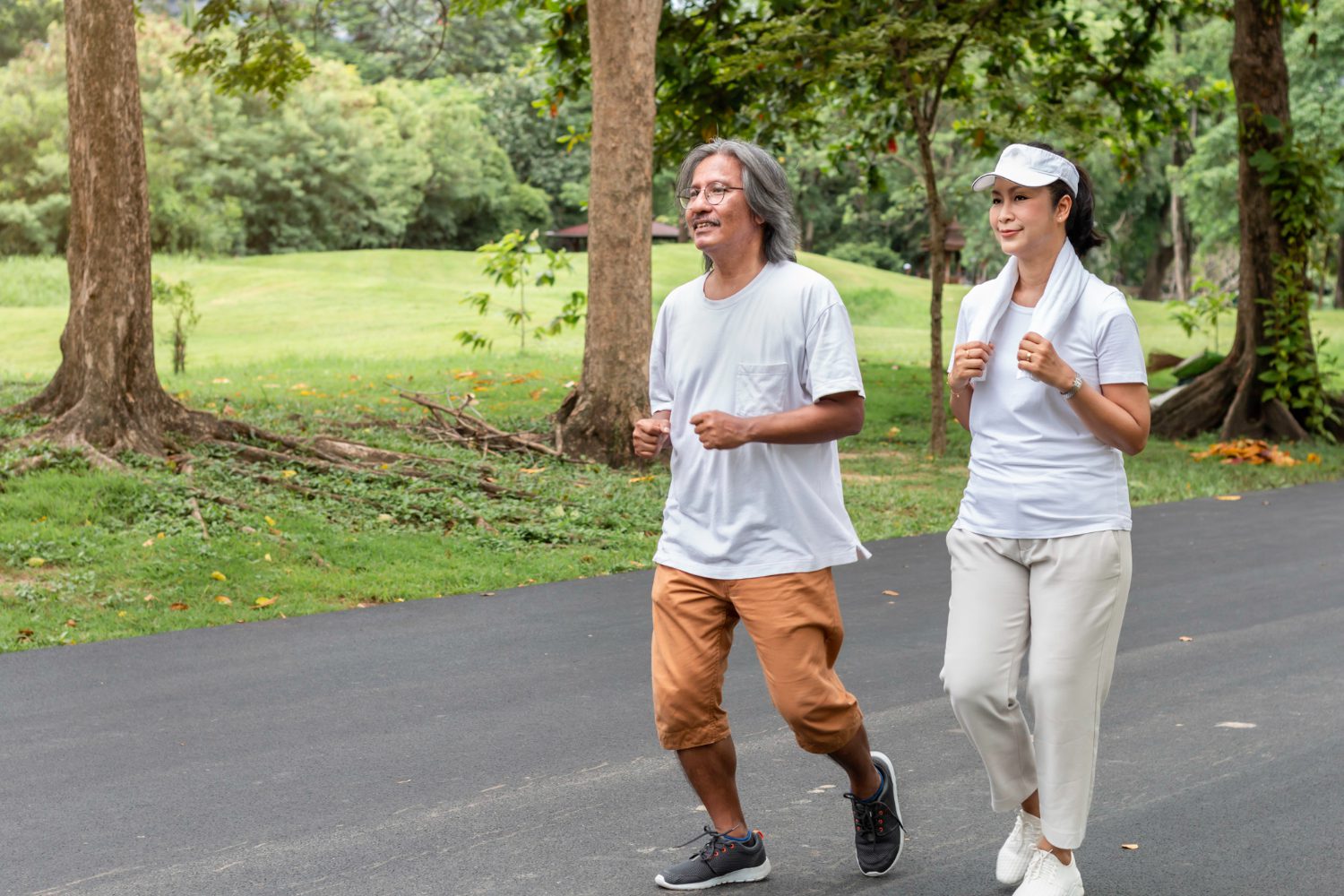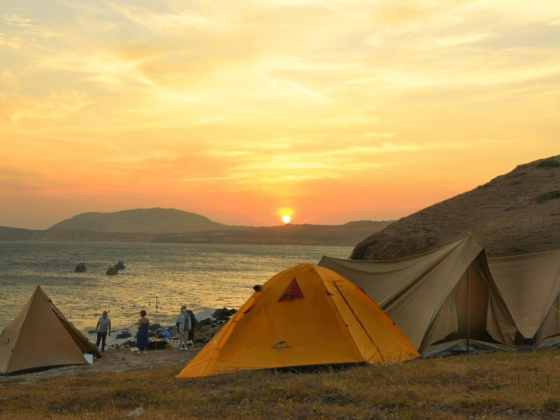Table of Contents Show
✍️ AI is summarizing:
Diverse outdoor leisure activities are increasingly recognized as crucial for extending lifespan and improving overall well-being. This article explores how engaging in a range of outdoor pursuits can significantly impact outdoor leisure longevity, reducing the risk of mortality from various causes.
Related post:
- Get Your Daily Calcium: A Guide to the Best Calcium Sources
- Unlock Creatine Benefits: Muscle Growth & More
- Transformative Benefits of a 5-Day Water Fast
Older adults who regularly engage in a variety of outdoor leisure time activities may have a lower risk of death from any cause, as well as specifically from cardiovascular disease and cancer.

The study found that achieving the recommended weekly amount of physical activity through a combination of different outdoor pursuits—including running, cycling, swimming, other aerobic exercise, racquet sports, golf, and walking for exercise—was associated with a 13% lower risk of death compared to no participation in these activities.
The importance of outdoor leisure longevity is further highlighted by the findings of a recent study that examined the link between outdoor activities and lifespan. The study emphasizes that even moderate engagement can yield substantial benefits.
Study methodology and results: Understanding the outdoor leisure longevity link

The researchers analyzed data from over 270,000 adults aged 59-82 who had reported on their leisure-time activities as part of a larger study. They found that the most active participants, exceeding the recommended activity levels through a mix of outdoor exercises, had even greater reductions in mortality risk, though there were diminishing returns as activity levels increased.

Even those doing some recreational outdoor activity, though less than the recommended amount, had a 5% lower risk of death compared to the inactive group. This data underscores the impact of outdoor leisure longevity on mortality rates. Actively participating in activities outdoors has been proven to increase life expectancy.

Looking at specific activities, playing outdoor racquet sports was associated with a 16% lower risk of death, while outdoor running was linked to a 15% reduction. However, all the outdoor activities examined, from swimming laps to walking for exercise, showed similar associations with lower mortality.
Outdoor racquet sports had the strongest link to reduced cardiovascular disease mortality (27% lower risk), while outdoor running had the greatest reduction in cancer mortality (19% lower risk). The findings highlight how different activities contribute to outdoor leisure longevity. Understanding which activities align with health benefits will enable you to make the most of your leisure time.
Activity recommendations and benefits: Optimizing outdoor leisure longevity

The findings highlight the importance of older adults engaging in enjoyable outdoor leisure activities that they can maintain over time. Meeting the recommended guidelines of 2.5-5 hours per week of moderate-intensity outdoor aerobic activity, or 1.25-2.5 hours of vigorous outdoor activity, through a variety of pursuits appears to provide substantial health benefits and longevity advantages.
For optimal outdoor leisure longevity, tailoring activity levels to personal preferences is key. The findings suggest that varying intensity and duration of activities can yield improvements.

Even doing less than the recommended amount of these outdoor activities was still associated with a 5% lower mortality risk compared to complete physical inactivity. The results suggest older adults should aim to incorporate a mix of enjoyable outdoor leisure-time physical activities into their weekly routines to optimize their health and lifespan.
Discover and plan your next outdoor adventure with ExoTrails! ExoTrails helps you find and track the best routes to maximize your outdoor leisure longevity, making it easy to enjoy the health benefits of outdoor activities.
Conclusion
In summary, the study provides compelling evidence that a diverse range of outdoor leisure-time activities, from walking and swimming to sports and exercise, can significantly lower the risk of death from any cause, as well as mortality specifically from cardiovascular disease and cancer, in older adults.
Embracing outdoor leisure longevity could have important public health implications for promoting longevity and well-being in the aging population. Encouraging and facilitating participation in these types of outdoor pursuits could have important public health implications for promoting longevity and well-being in the aging population. Follow ExoTrails on Facebook for your daily dose of travel inspiration and tips.












